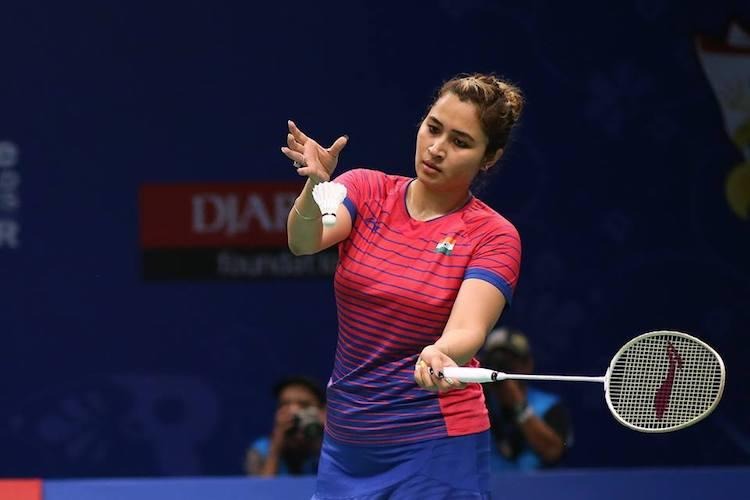
The beginning of India’s Perfect 10 in the badminton World Championships takes one back to 2011. Not many other than Jwala Gutta and Ashwini Ponnappa believed they were capable of returning from London with a medal. The bronze they snatched triggered a run which has seen Indians on the podium in 10 successive editions of the event.
It has become a norm, almost taken for granted. If Indians don’t medal at the Worlds, it will be treated as failure. When Jwala and Ashwini did what they did, it came as a bolt from the blue. No Indian had gone near the podium after Prakash Padukone’s bronze in 1983. And in 2011, doubles was still a low-priority sector in Indian badminton.
Proud to be a part of the pair which started this astonishing journey, Jwala is happy to see it continue. At the same time, she feels a lot has to be done to sustain this momentum and become stronger as a badminton-playing nation. In an exclusive chat with RevSportz, the 39-year-old shares her thoughts…
Atreyo: How significant is it for Indians to have secured Worlds medals for the 10th time in a row after finishing on the Olympic podium in three successive editions?
Jwala: These are the top tournaments and these medals definitely carry a lot of weight. The World Championships is actually a tougher event because of restrictions on the number of entries from each country in the Olympics. The field is more competitive. To win medals for 10 years in this competition is great for Indian badminton. But I think we can do better. To become a superpower, we must give opportunities to more players, considering the vastness and population of our country.
Also Read: Neeraj effect in improved Indian display
Atreyo: Looking back, do you sometimes think you and Ashwini played a pioneering role?
Jwala: I am proud that we opened the door for them all. It’s difficult to believe today where our generation of doubles players came from. We didn’t have anyone to learn from or look up to. On top of that, we were poorly treated. At times, I couldn’t fathom what was going on! At the World Championships in 2011, singles players were taken for practice. Doubles players were not. Our path was filled with discouragement. Having faced that, I’m happy with my achievements as a doubles and mixed doubles player, with Ashwini and V Diju. People who follow badminton know this and it can’t be denied by a people in powerful positions.
Atreyo: This movement was started and carried forward by women — the two of you, Saina Nehwal and PV Sindhu. Why are stocks in the women’s section tumbling?
Jwala: One reason is we don’t acknowledge a player until she does well at the international level. We forget that it takes a lot to come to the national or even the state level. I was privileged because my parents were supportive. Saina and Sindhu started getting sponsors when they were 15-16. What happens to those who don’t have this privilege? We have to expand the base if we want to become a superpower like China. This means opportunities and facilities for a larger pool of players. If that happens, more players will come up.
Atreyo: India’s standing in world badminton is decent. What needs to be done to take this to the next level?
Jwala: The system we have is not ideal. It’s monopolised and everything is concentrated on one centre. That’s why you see a big majority of players coming from one place. In contrast, there is lack of opportunities in almost all other places. A lot of players give up early because of this. We need government support and more academies. The Centre for Excellence in Guwahati is a welcome development. Himanta sir (Badminton Association of India president and Assam chief minister Himanta Biswa Sarma) can make things happen.
Atreyo: How can you contribute to this?
Jwala: My academy in Hyderabad with 14 courts has 40 kids. Most of them are from other states. It’s a residential facility. I sold my property to build it. I didn’t get any help. I should get recognition as a coach. What I’m trying to say is my contribution shouldn’t be ignored. Others doing this kind of work should also get recognition. It’s not easy to run an academy and looking for sponsors. I’m not after money. I’m doing this for players who would otherwise have been neglected. It’s time that we are given the opportunity to contribute.
Also Read: Break the mind barrier and you will see the magic: Neeraj Chopra’s advice to other Indian athletes



